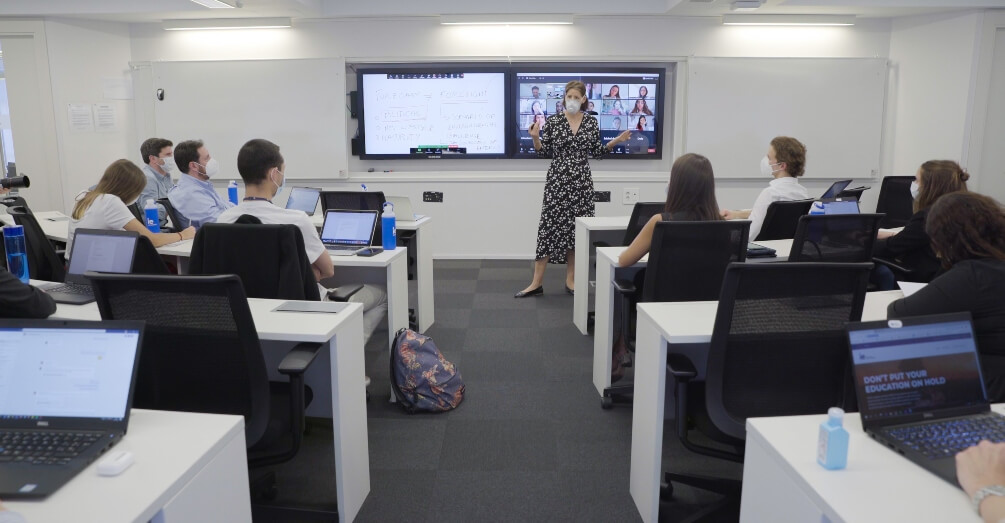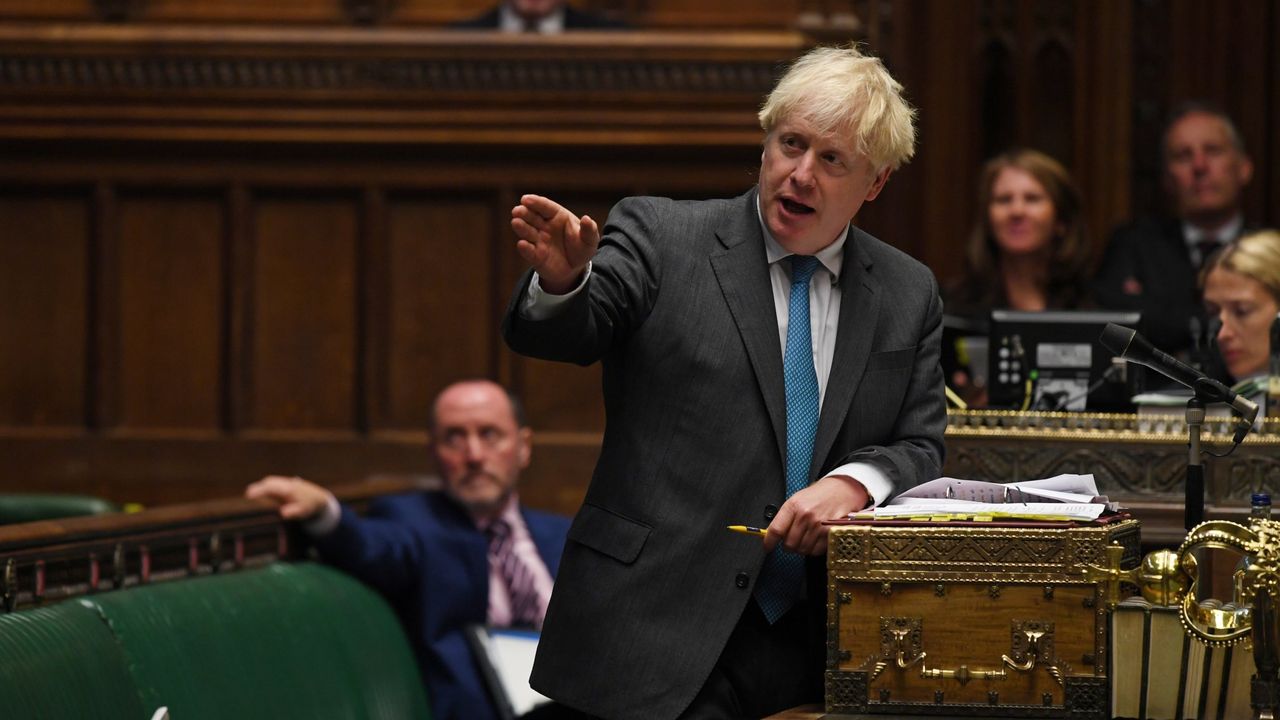Everyone has been in that situation. That moment as you close your front door and realize you’ve forgotten your keys. You rush back inside, grab them and breathe a sigh of relief. Nowadays it seems some of us still do this, except instead of keys we grab our mask. For others, grabbing a mask before heading out has become automatic. Once on the streets, everyone seems to have done the same.
I have never owned a single mask in all my life. Suddenly, I have a collection of them. Different types, sizes and even colors. My social media is flooded by advertisements for masks on numerous websites. Back in March finding a mask was an impossible task, now we are overwhelmed by all the options. Online I’ve also seen fashion bloggers use their mask as a fashion statement, purposefully picking out fun colored masks to compliment their outfits.
While much of the world seems to have adapted to this “new normal” of mask wearing, mask mandates in the United States were met with intense backlash. Anti-Maskers across the United States have protested mask mandates, calling them an “infringement of their rights”. Signs reading “my body, my choice” have appeared in several anti-mask protests.
Masks are uncomfortable but they get the job done. They can protect us and others. According to multiple scientific studies masks do help at stopping the spread of the coronavirus. So why the intense backlash against something so simple and yet so effective?
The answer: masks have become political. A piece of cloth meant to protect us has become part of a political debate.
One person who is guilty of politicizing masks is President Trump. He has been seen repeatedly without a mask, actively going against the advice of health experts. His lack of leadership during this pandemic has effectively politicized something that shouldn’t be. As President, he has the responsibility to set an example for the American people. Yet, he has continuously defied recommendations to wear masks. If the President of the United States, inarguably one of the most influential figures of the world, doesn’t wear a mask why should anyone else?
In addition to Trump’s lack of leadership, the debate over mask wearing has also been increased by the dissemination of false information. Rumors that masks impede one’s breathing has been spread throughout social media. Some people have gone so far to create false “Face Mask Exempt” cards. Another rumor that has gained significant attention is that the continuous use of masks can cause hypercapnia, due to breathing in exhaled carbon dioxide. This condition leads to headaches, fatigue and even seizures. However, a representative from the U.S Centers for Disease Control and Prevention (CDC) stated that “It is unlikely that wearing a mask will cause hypercapnia”.
If these rumors about masks are unsubstantiated and their effectiveness has been proven in numerous studies, then why are anti-maskers still so adamant about refusing to wear one?
Clinical psychologist, Seth Gillihan has explored this question. Gilihan claims that “Many of us pride ourselves on our individualism. We want to make our own decisions, and stand out from the crowd.”Additionally Gilihan stated that “Following collective orders like ‘shelter in place’ or ‘wear masks when you can’t social distance’ might feel like giving up an essential part of our identity. This factor is especially prominent in western societies, like the U.S., that place a premium on our individual identities.”
When taking a look at anti-masker protests, it is clear that these themes of stripped freedom and individualism are constantly being used to justify their stance on mask mandates. They are not just complaining about how uncomfortable a mask is, but rather how the usage of masks goes against their values and political beliefs. When this is the case, it is much harder to change their mind regarding masks. Evidence that masks are efficient is not sufficient enough to change their opinion. Rather, mask mandates have to be messaged differently, in a way where their rights and individualism isn’t threatened.
This politicization of masks is already harming the country’s response to coronavirus. In many parts of the country hospitals are becoming increasingly more occupied and rates on infections are rising rapidly. The director of CDC, Dr. Robert Redfield, has even stated that the use of masks alone could “bring this epidemic under control” in four, six, eight weeks.
The situation has gotten so out of hand that President Trump finally made an appearance wearing a mask. Additionally the Republican National Convention in Jacksonville, Florida was cancelled after a drastic rise in infections in the state. Arguably however, these measures by the Trump administration are a little too late. On July 24 the United States registered 73,400 new coronavirus cases in a single day.
While many of us outside the United States may find this politicization of masks bizarre, it’s important to understand why it happens in the first place. The lack of leadership and the dissemination of fake news has propelled an anti-mask movement rooted in deep, strong beliefs. Had the messaging of mask mandates been different, people wouldn’t have felt so threatened. To anti-maskers this isn’t a dumb debate about how uncomfortable masks are. Rather, masks are seen as a threat to their individuality and freedom.
Fighting for freedom always seems like the right thing to do. But right now, as the world grapples with the covid-19 pandemic, it has become increasingly evident that the only way to overcome this crisis is by working together. Along with improving testing and tracking, it is just as equally necessary for the United States to persuade its citizens to wear masks.
Sources:




